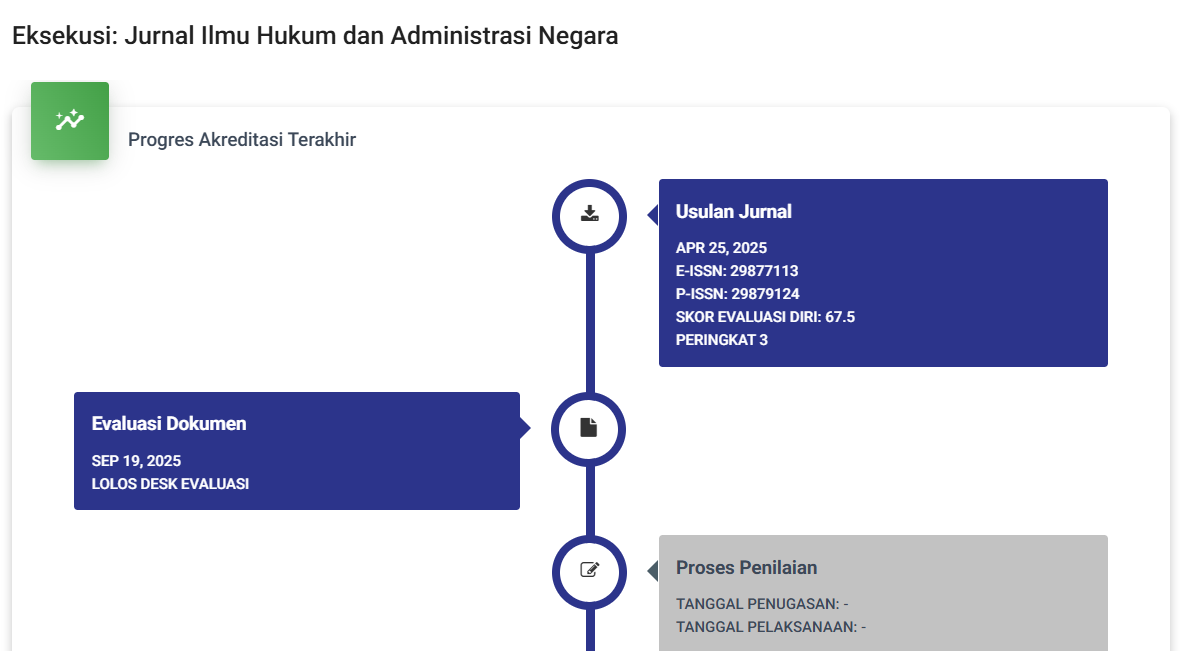Problematika Kesaksian Talak dalam Pengadilan Agama Menurut Fiqih Islam dan KHI
DOI:
https://doi.org/10.55606/eksekusi.v3i1.1724Keywords:
Witness, Divorce, ProblematicsAbstract
Divorce (Talak) is an act that dissolves the marital bond between husband and wife. Divorce is categorized into two types: Talak Raj’i and Talak Bain. In Islamic law, the dissolution of marriage does not necessarily require the presence of a third-party witness. This discrepancy p This study aims to examine the legal foundation of Islamic jurisprudence and KHI concerning the dissolution of marriage, focusing on the differences between these two legal frameworks. Employing the Library Research method, the researcher gathered data related to this issue. The findings reveal significant differences between Islamic jurisprudence and the KHI regarding This difference arises because the two legal frameworks are based on distinct legal foundations, resulting in varied applications. From the discussion, it is clear that divorce declarations should not need to be repeated in front of a judge in religious courts. Based on the consensus (ijma’) of Islamic scholars, the involvement of third parties is unnecessary to validate a divorce. Institsbat) the divorce, meaning the husban This approach aligns with other cases, such as unregistered marriages (nikah siri), where the marriage.
References
Al-Asqalani, A. bin A. bin H. (1430 H). Bulugh al-Maram. Saudi: Darul Qabas.
Assabuni, M. bin A. (1428 H). Niilul Authar. Dar Ibnu Jauziyah.
Azzam, A. A. M. (2011). Fiqih Munakahat. Jakarta: Amzah.
Bashori, A. (2020). Filsafat Hukum Islam. Jakarta: Prenadamedia Group.
Kementerian Agama. (2018). Kompilasi Hukum Islam di Indonesia. Jakarta.
Majelis Permusyawaratan Rakyat. (1974). Undang-Undang Perkawinan. Jakarta: Yayasan Peduli Anak Negeri.
Sanjaya, U. H., & Faqih, A. R. (2017). Hukum Perkawinan Islam di Indonesia. Yogyakarta: Gema Media.
Saudi, A. (2018). Sosiologi Hukum. Jakarta: Prenadamedia Group.





